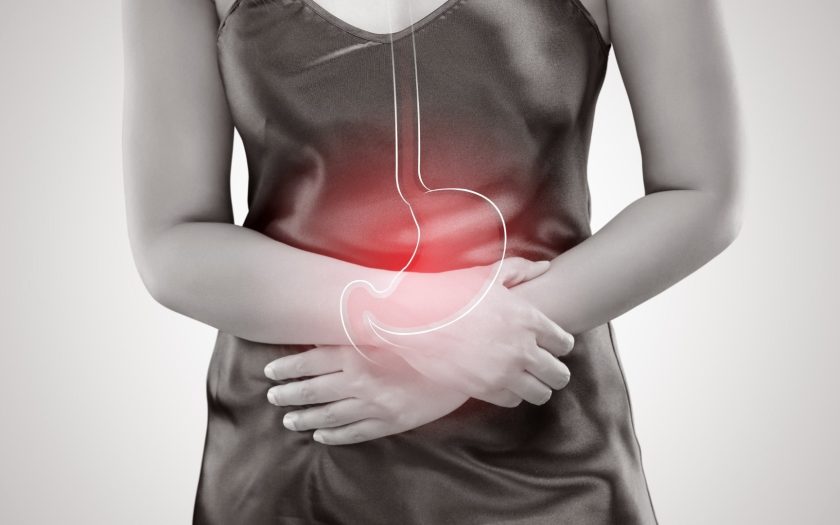Myth 1. Milk helps with gastritis.
In reality, drinking milk may temporarily reduce discomfort. However, this effect is short-lived, as after brief relief, the acidity levels may rise again, further irritating the stomach lining. This is especially problematic for people with hyperacid (high-acidity) gastritis, as milk only aggravates the issue. To improve well-being, it’s better to follow a proper diet, avoid irritating foods, and adhere to medical recommendations. If you want to consume dairy products, choose low-fat and fermented options like yogurt or kefir, but only if you have no intolerance and after consulting a specialist.
Myth 2: Small amounts of alcohol are harmless.
Many people believe that a small amount of alcohol, especially quality wine or strong spirits, will not harm those with this condition. Some even think it can be beneficial. However, in reality, any alcohol irritates the stomach lining and worsens the overall condition. Especially during flare-ups, consuming even small amounts of alcohol can lead to serious complications. Therefore, if you want to keep your stomach healthy, you should give up alcohol completely or at least keep its consumption to a minimum, choosing only occasional weak drinks and never on an empty stomach. The best choice for your health is to follow your doctor’s recommendations, take the necessary medications (such as Pro-Banthine and Protecadin OD), and consume drinks that are beneficial for the gastrointestinal tract, such as herbal teas or infusions of mint and chamomile.
Myth 3. Stress does not cause gastritis.
This is one of the most common myths, as in fact, constant nervous tension can be one of the key factors contributing to the development and exacerbation of gastritis. When a person experiences stress, their body produces an increased amount of hormones, particularly cortisol and adrenaline. This can lead to excessive stomach acid production and a weakening of the stomach lining’s protective barrier. As a result, the risk of inflammation and erosion rises, potentially leading to gastritis. Moreover, stress often affects eating habits: some people overeat and consume unhealthy foods, while others skip meals altogether, both of which negatively impact stomach health. Chronic stress is especially dangerous, as it can turn acute gastritis into a chronic condition, causing frequent flare-ups and further health complications. To protect your stomach, it is essential not only to maintain a proper diet but also to learn how to manage stress effectively. Find ways to relieve emotional tension that work best for you—whether it’s exercise, meditation, spending time outdoors, or engaging in relaxing activities.
Myth 4. Cleanliness in the home does not affect well-being with gastritis.
Many people underestimate the impact of their environment on their health, believing that cleanliness in the home has no effect on a person suffering from gastritis. However, in reality, sanitary conditions and hygiene in your living space can directly influence your well-being. Poor hygiene, eating with unwashed hands, or using dirty dishes increases the risk of aggravating the disease. Moreover, a dusty room, lack of oxygen, and unpleasant odors can cause additional discomfort and may even trigger nausea or increased acidity. That’s why regular cleaning is one of the key habits to following if you have gastritis. Maintaining a clean home and good hygiene practices will not only help alleviate symptoms but also promote overall health and well-being.

